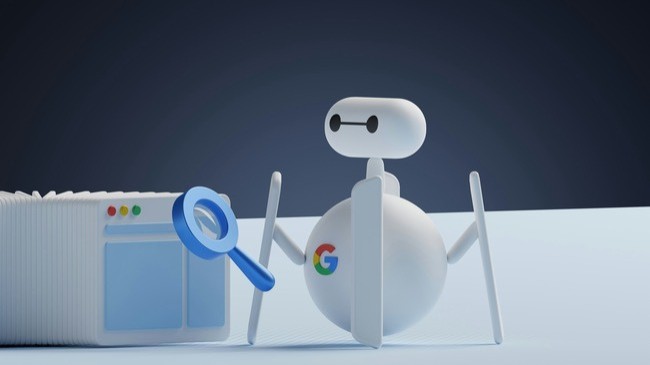
In a milestone to further the scope of artificial intelligence (AI), Google has lately disclosed a pivot within their internal structure, collating varied hardware and software projects, for instance, the Android and Pixel, into one whole operation. This move suggests that Google is in the process of building more AI into its ecosystem and also across the other specialists working under the umbrella of hardware, software, and AI.
A Unified Approach to Innovation
Rick Osterloh was appointed as the leader of the new group named "Platforms and Devices," which will manage all of Google's products, such as Pixel, Android, Chrome, ChromeOS, and Photos. Through combining them in one big umbrella, Google considers internal integration and collaboration a trigger to better performance among its employees with different backgrounds.
This integrated approach for AI innovation will be helpful in accelerating progress at Google; moreover, having the power of AI at their disposal will help Google to bring out the best possible products and services that utilize the entire capacity of AI.
Osterloh emphasized the integration of hardware, software, and AI and pointed out the drivers for innovation. By bringing together the experts' efforts, Google's commitment is to go beyond what we see as possible today by speeding up innovation with ongoing discoveries. For instance, the conception of AI technology in the Pixel's camera has presented how AI technology can completely change user experience, paving the way for further proliferation of AI-powered products across Google's product line-up.
Addressing AI Safety and Responsibility
Google is taking proactive measures to guarantee ethical and safe AI development in the face of mounting worries about AI safety and ethics. Google hopes to improve supervision and responsibility in AI development by moving its Responsible AI teams closer to the locations where AI models are developed and scaled. Google's dedication to tackling societal issues related to artificial intelligence and prioritizing ethical considerations in its AI development endeavors is evident in this strategic realignment.
This move was taken after the release of Gemini, Google's most advanced AI model to date. While Gemini has shown the immense potential of AI to disrupt many industries, Google remains committed to fixing any flaws and ensuring that AI technologies are utilized responsibly. Google hopes to advance the boundaries of AI innovation while fostering trust with users and stakeholders by incorporating ethical AI principles into its development process.
An AI-Powered World
In 2024, Sundar Pichai, the CEO of Google, is anticipated to unveil new AI models as a significant player in automation and artificial intelligence. As a firm at the forefront of technology, Google has made artificial intelligence its strategic focus. The tech titan maintains its position as a trailblazer by combining its hardware and Android divisions and prioritizing AI integration.
Google's dedication to driving AI research and establishing trends in human-machine interaction is demonstrated by this coordinated effort. Google's unwavering quest for AI-driven solutions positions it as a leader in the space. It sparks the conversion of tech ecosystems into AI-driven settings, bringing in a new age of creativity and communication.
Related Article : Google Pixel 8 Unveils Enhanced Photography With AI Integration
© Copyright 2025 Mobile & Apps, All rights reserved. Do not reproduce without permission.

















